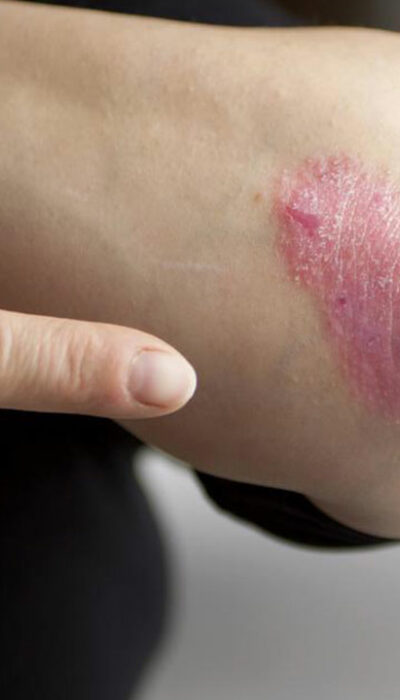
Chronic Plaque Psoriasis And its Effective Treatment
Psoriasis is a disease of the skin, and it affects hands and feet, elbows, knees, scalp, eyelids, skin folds, or can appear anywhere on our body. Psoriasis is not limited to any specific part of the body, and it significantly affects the quality of our life. It is a chronic inflammatory cell-mediated disease mostly affecting skin and joints. Psoriasis is considered a very common and complex disease which can be cured with various treatments available. Chronic psoriasis is a rare and dangerous type of disease because they reduce the body’s ability to fight off the infections. It is a T-cell mediated autoimmune disorder with a strong genetic basis. Both men and women are affected with psoriasis. It can occur in any age groups but uncommon in children or early infants. Chronic psoriasis is caused due to various causative agents/ factors like environmental such as climate change, hereditary like psoriasis associated genes, frequent medications, the immune system of the host, etc. Psoriasis occurs when the cells of skin rise from below the skin surface and pile up on the surface before they shed off. T-cells often help to protect the body against various infections. In psoriasis, these T-cells are put into action by mistake, and they trigger other immune responses by being in an active state. Individuals with chronic psoriasis experience physical discomfort, itching, and pain. It interferes with a daily routine of walking, playing sports, self-care, looking after family members, sleeping, etc. Patients with chronic psoriasis become self-conscious about their appearance leading to depression and social isolation. Psoriasis is classified as mild, moderate and severe respectively. It is associated with several other conditions like diabetes, arthritis, inflammatory bowel disease and cardiovascular disorders, etc. Psoriasis is not a contagious disease and touching a person cannot pass this skin condition from one person to another.










